![]() — หน้าแรก — เกาะติดข่าว
— หน้าแรก — เกาะติดข่าว
ข่าวเศรษฐกิจและธุรกิจประจำสัปดาห์
-

More support is needed for progress of Small and Medium Enterprise (SME), as financing SMEs can help to boost Myanmar’s economy
As some 99 percent of businesses in Myanmar are categorised as small- and medium-sized enterprises (SMEs), anything that can be done to help these businesses can only boost Myanmar’s economy. Among the most immediate issues SMEs in Myanmar face is access to funding. According to the Myanmar Micro, Small and Medium Enterprise Survey 2017 distributed by the Ministry of Planning and Finance, businesses in Myanmar rely on self financing for nearly 80pc of starting capital while financial support from banks is just 8pc. In addition, banks in Myanmar offer commercial loans with interest rates of up to 13 percent a year. Moreover, fixed assets are required as collateral for the loans. This makes gaining access to loans difficult or expensive for SMEs. However, the banks are at the moment unable to offer cheaper loans given that the local inflation rate, although much lower than before, is still not stable enough to support a dip in interest rates. -
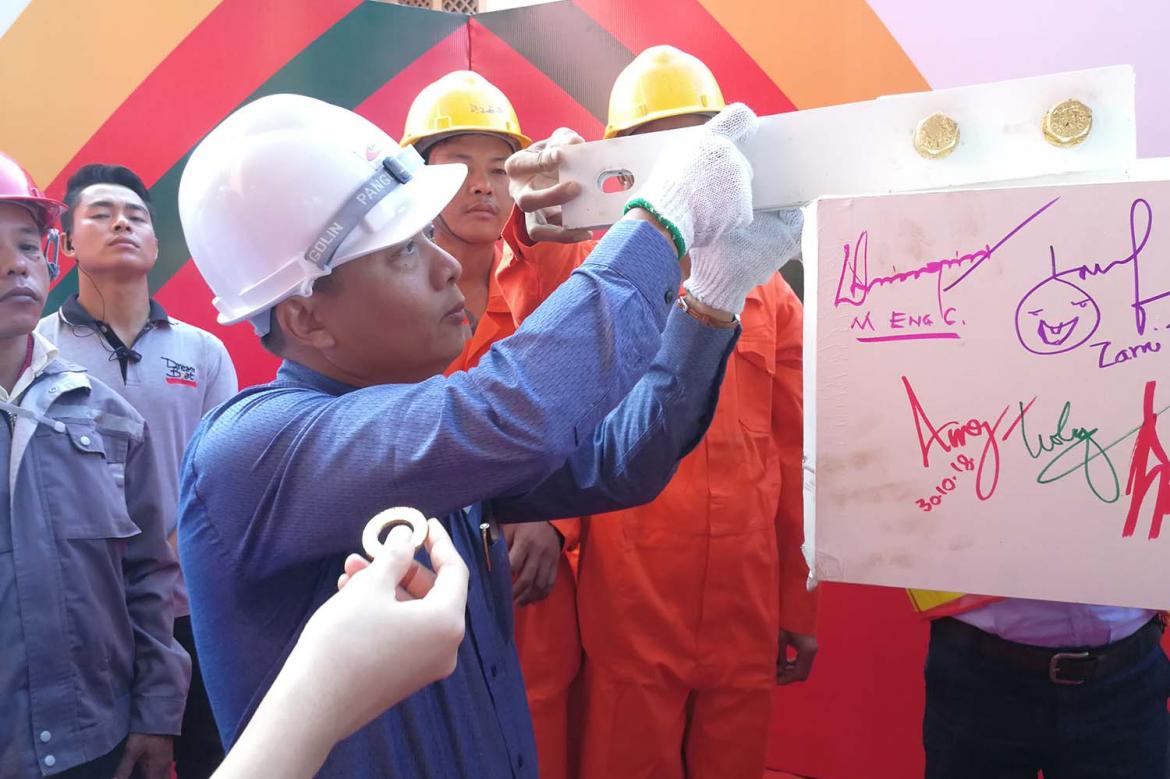
In a joint venture with a Hong Kong investor, Mottama Holdings completed the structure of Myanmar’s first high-rise steel building in Yangon, which is expected to be finished by 2020
Mottama Holdings said on Tuesday it has completed the structure of Myanmar’s first high-rise steel building, a US$80 million office tower in Yangon called M Tower that the company is building through a joint venture with a Hong Kong investor. The 26-storey project on Yangon’s Pyay Road is being built by Mottama subsidiary Min Dhama Steel Structure using locally manufactured steel and is expected to be finished by 2020, after which the 265 units will be leased as office space. The 0.97 acre site is owned by Mottama chairman U Yang Ho, company director U Tin Maung Htun told Frontier on Tuesday. He said the investor, M Tower Company, is a joint venture between Mottama, which holds a 51 percent share and a Hong Kong-based company, which holds 49 percent, and that the project is funded through company revenues and shareholder loans. M Tower was originally known as AMC Tower before Mottama changed its name from Asia Metal Company in 2013 after it was sanctioned by the United States Treasury Department for building work at a Tatmadaw factory at which US officials said about 30 North Koreans were working. -
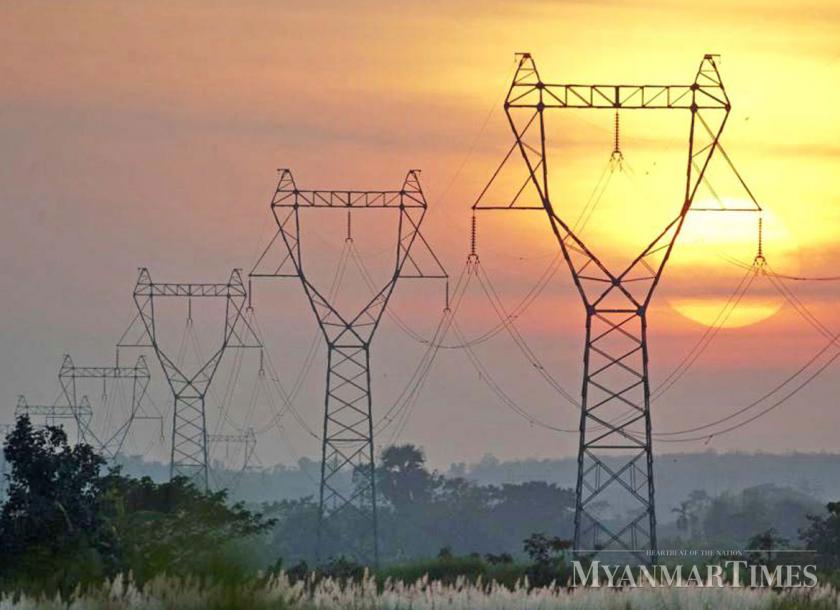
Toyo Thai Power Myanmar Co., Ltd (TPMC) plans to invest around USD $ 500 million in a liquefied natural gas (LNG) power plant in Ahlone, Yangon Township
Toyo Thai Power Myanmar Co Ltd (TPMC) plans to invest between US$350 million (K471 billion) to US$500 million to set up a liquefied natural gas (LNG) power plant, U Htet Aung Mon, general manager of TTCL Power Myanmar said. TPMC is the subsidiary of Thailand-based TTCL Public Co Ltd. The LNG power plant expected to generate 388Mw of electricity will be located in Alone Township, Yangon. U Htet Aung Mon said that the LNG to power the plant will be imported. In July last year, TPMC proposed the project to the Ministry of Electricity and Energy. The ministry issued a Notice to Proceed to TPMC this January. At present, the company is preparing an environmental impact and socio-economic impact reports for the project. The company is meeting with residents and explaining the project in the townships of Alone, Dagon, Lanmataw, Dala, Sategyi Khanaungto, Sekikan and Thanhlyan in Yangon. -
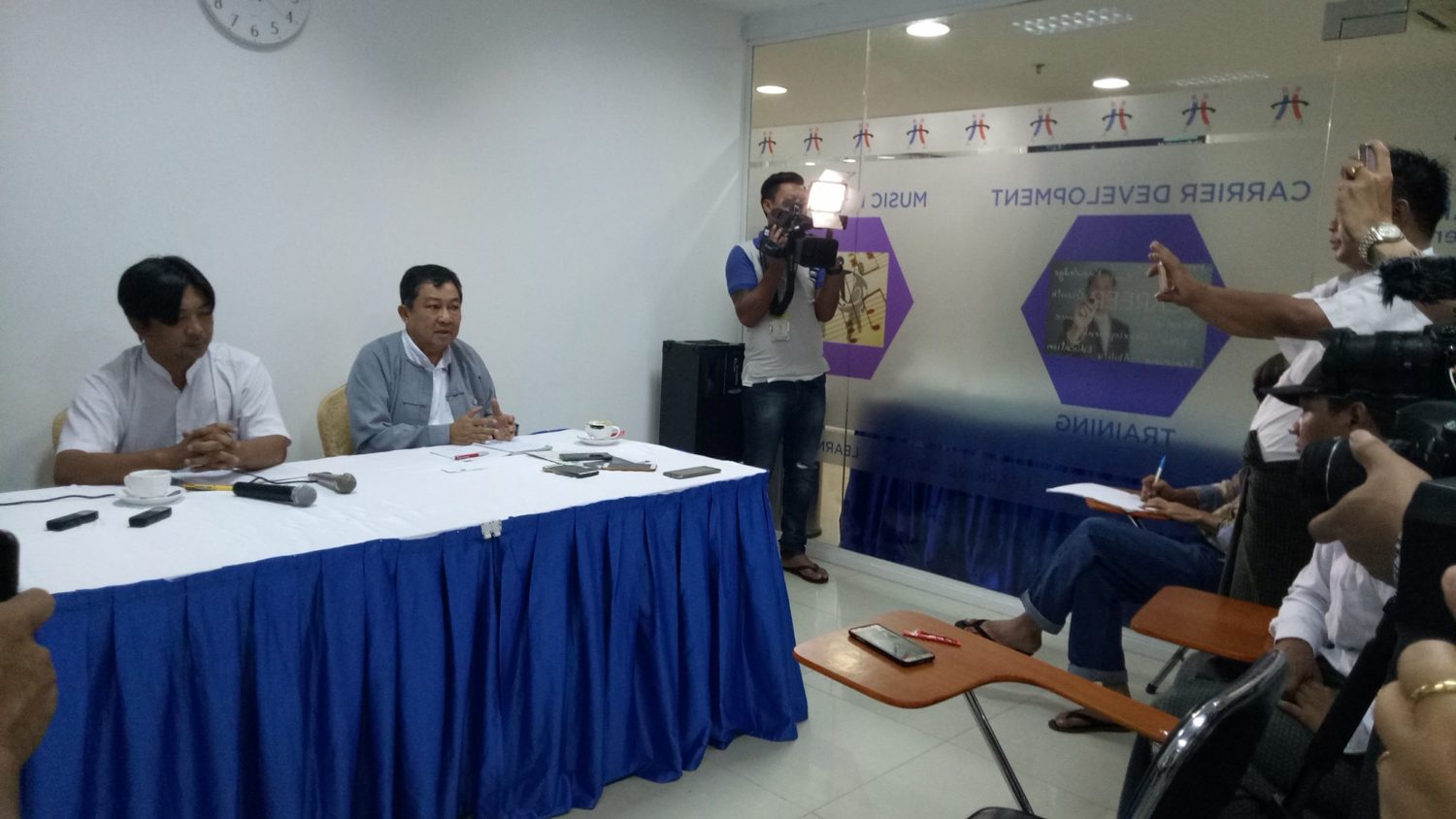
Myanmar’s trade union and labor organizations disagreed with Brussels’ consideration to withdraw trade preferences during the meeting with visiting EU officials
Myanmar’s trade union and labor organizations voiced strong disagreement with Brussels’ move to consider withdrawing trade preferences at a meeting with EU officials on Monday. Representatives of the Myanmar Confederation of Trade Unions and the Myanmar Infrastructure, Craft and Service (MICS) organization met with members of an EU delegation looking into the human rights situation in the country at the bloc’s Myanmar office in Yangon. “We told them we don’t agree with the EU’s [possible] withdrawal of trade preferences,” U Maung Maung, president of the Myanmar Confederation of Trade Unions, said after the meeting. During the meeting, U Maung Maung stressed that Myanmar’s reforms are making progress, saying, “Myanmar needs the EU’s support for further reforms in the country.” -
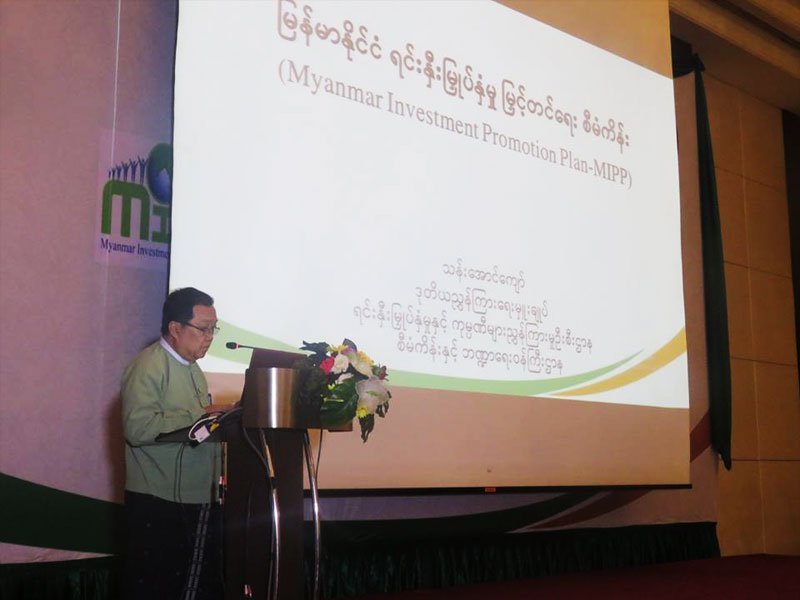
European Union (EU)’s probable withdrawal of its Generalized Scheme of Preference (GSP) may have limited impact on foreign investment since EU countries are not leading investors
The European Union (EU)'s probable withdrawal of its Generalized Scheme of Preference (GSP) will not impact the foreign investment flow in Myanmar, Xinhua reported. This will be due to the fact that EU countries have never been leading investors in Myanmar's investment sector, said U Than Aung Kyaw, deputy director general of the Directorate of Investment and Company Administration (DICA). -
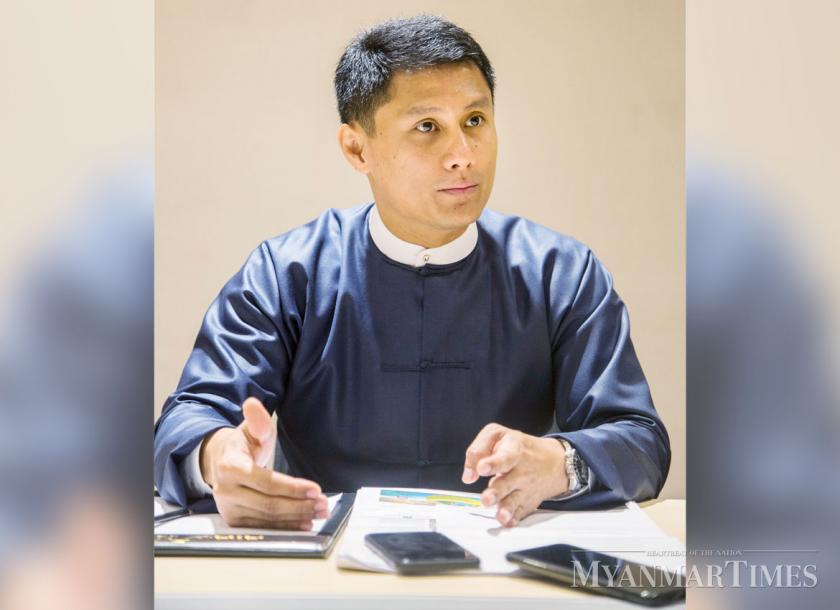
Government plans to allow foreign insurance providers to operate domestically to compete in the domestic market as insurance industry is progressing at a slow pace
It has been five years since the government first allowed private insurance businesses to offer their services in Myanmar in 2013. But further liberalisation is needed and the authorities have been saying they are close to allowing foreign insurance providers to operate domestically. In August, U Zaw Naing, secretary of the Insurance Business Regulatory Board (IBRB), which was established by the Ministry of Planning and Finance in 2016, said the board will allow foreign insurance companies to provide life and general insurance policies in the country in 2018-19. He said the board is now considering proposals by international consultants to help it screen and review foreign insurance providers before permitting them to compete in the local market. Liberalising the insurance sector is important not just because penetration rates in Myanmar remain the lowest in the region. Allowing foreign insurance providers to operate here will help the country develop a deeper bond market, enabling the government to raise sovereign debt to plug the budget deficit. Currently, state-owned Myanma Insurance dominates the domestic insurance industry, accounting for more than 45pc of total gross written premiums in 2017, according to the Central Bank. -
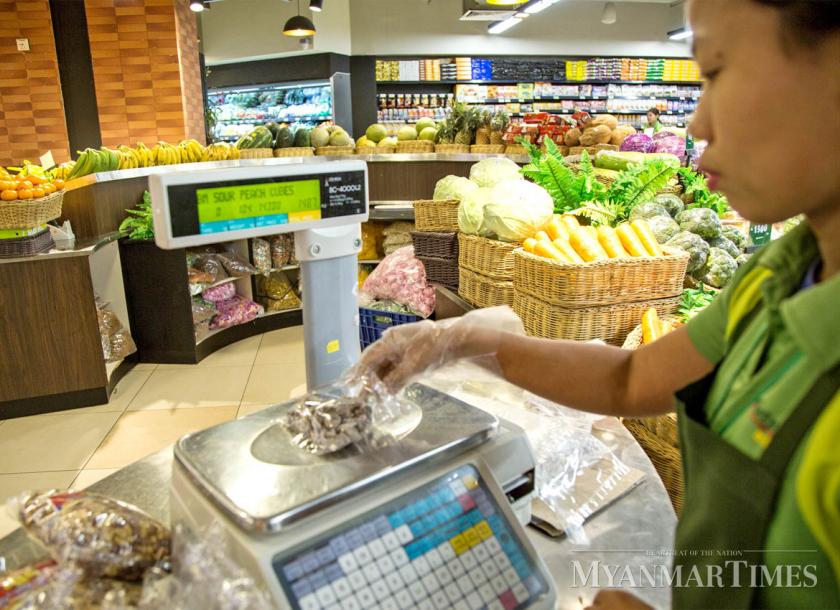
Ministry of Commerce permitted four joint venture investments between foreign and local investors in the domestic retail and wholesale sector in Myanmar
Six months after allowing foreign investors to register and participate in the domestic retail and wholesale sector in May, the Ministry of Commerce (MOC) has so far permitted four joint ventures between foreign and local investors Under notification 25/2018 issued on May 9, the MOC allowed 100 percent foreign-owned businesses to operate in the retail and wholesale sector in Myanmar. On July 26, the MOC issued standard operating procedures (SOP) for retail and wholesale business registration and a priority list of 24 products and items. Among the four companies is AEON Orange Co Ltd, which is a joint venture between Japanese retailer AEON Co and its local partner Creation Myanmar Group of Companies (CMCG). The JV distributes 15 out of the 24 products on the priority list. AEON Orange opened its first supermarket in North Okkalapa, Yangon, and acquired 14 supermarkets operated by Hypermart Asia Co, an affiliate of CMGC, in 2016. -
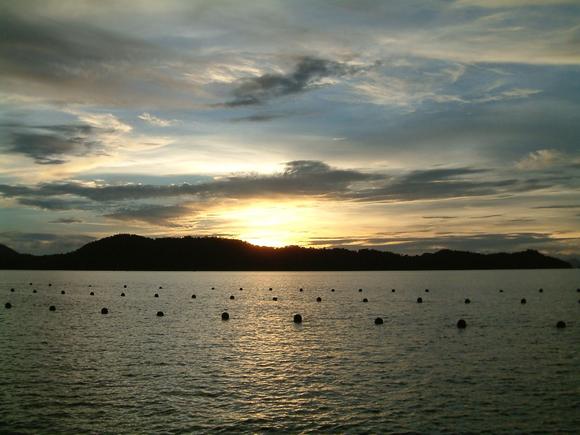
Myanmar Pearl Law has been amended for the second time to allow more foreign direct investment (FDI) in pearl production industry
The Myanmar Pearl Law has been amended for the second time to allow foreign direct investments (FDI) in the sector, U Min Oo, managing director of the Myanmar Pearl Enterprise, told The Myanmar Times. According to U Min Oo, the pearl production sector is now among the extraction sectors that will be open up to foreign investors. So far, four companies from Japan, Australia, Thailand and Singapore have already invested. The amended 2018 law replaces the 2014 Myanmar Pearl Law. -
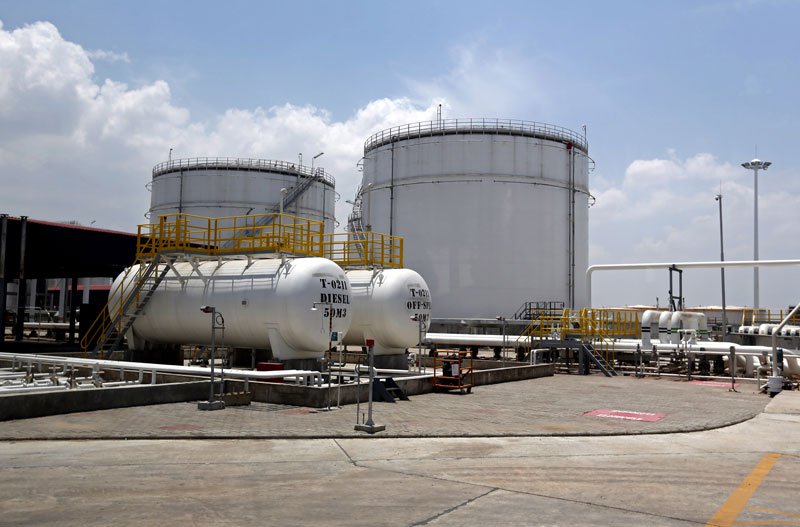
Myanmar- Singapore joint venture company Puma Energy increased its capital injection by USD$ 10.2 million in aviation fuel import, storage, and distribution services
A Myanmar-Singapore joint venture company has increased its capital injection by 10.2 million U.S. dollars in aviation fuel import, storage and distribution businesses, Xinhua has reported. The National Energy Puma Aviation Services Company is shared by state-owned Myanmar Petroleum Products Enterprises and Singapore-based Puma Energy with the Myanmar enterprise company holding more stake. -
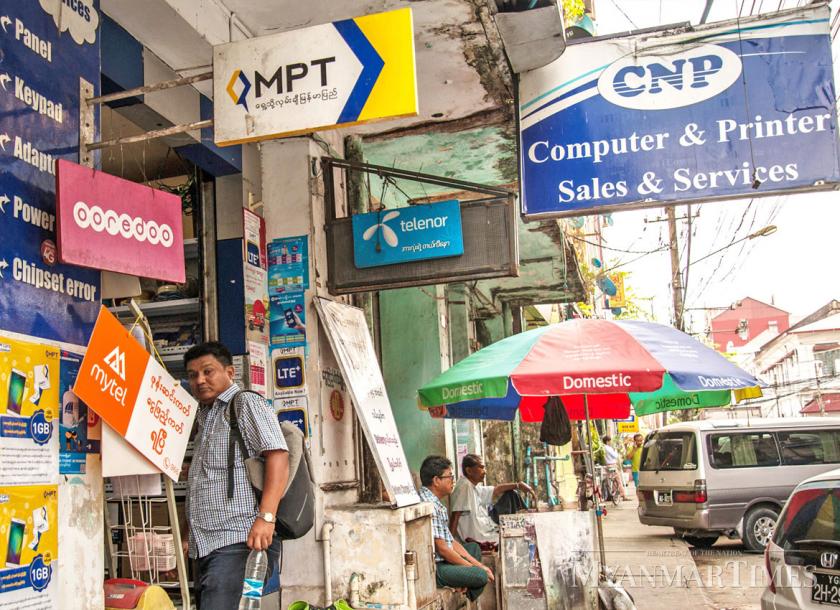
Five basic areas need to be improved before Myanmar can expect a meaningful boost in foreign direct investment (FDI): business administration, power supply, IP protection, financial reform, and skills development
Myanmar is raising efforts to draw foreign direct investments (FDI) into the country after its economy took a beating in recent quarters, hit by the slide of the kyat against the dollar. Even though the Central Bank of Myanmar has taken measures to stabilise the local currency, the kyat may be in for further volatility in the coming months if the current geopolitical landscape is anything to go by. Trade tensions between the US and China have intensified, while relations between oil superpower Saudi Arabia and its western allies have soured following the murder of Saudi Arabian Washington Post journalist Jamal Kashoggi in Istanbul on October 5. Things could also get shaky over in Europe, as Italy, already one of the most indebted countries in the world, prepares to push a higher spending budget past the European Commission. Meanwhile, the UK’s withdrawal from the EU could roil markets in the months to come. All that could prompt further capital outflows and exchange rate volatility for Myanmar.
เกาะติดข่าว
Copyright © 2014 Business Information Center All Rights Reserved.







